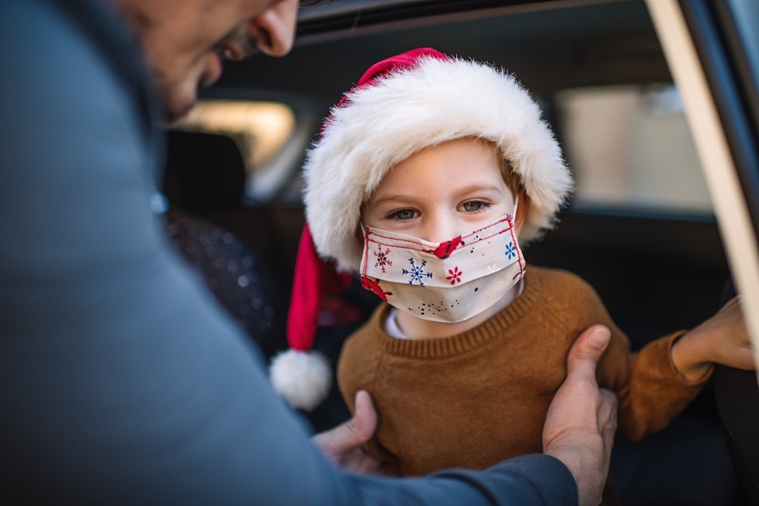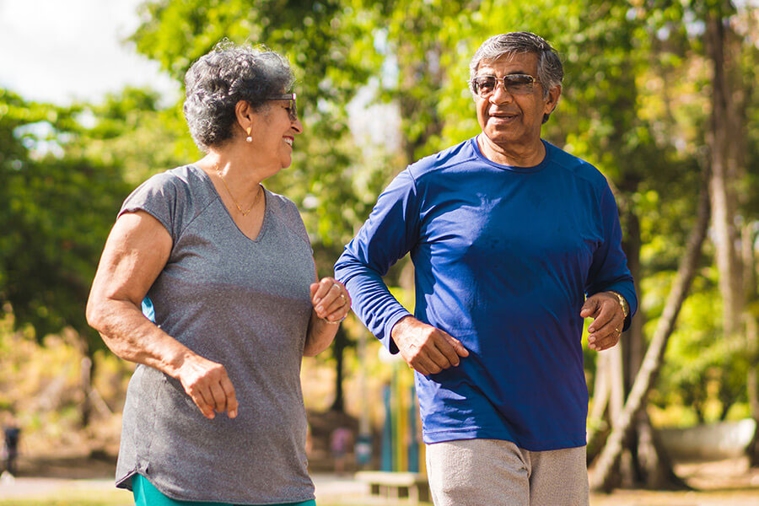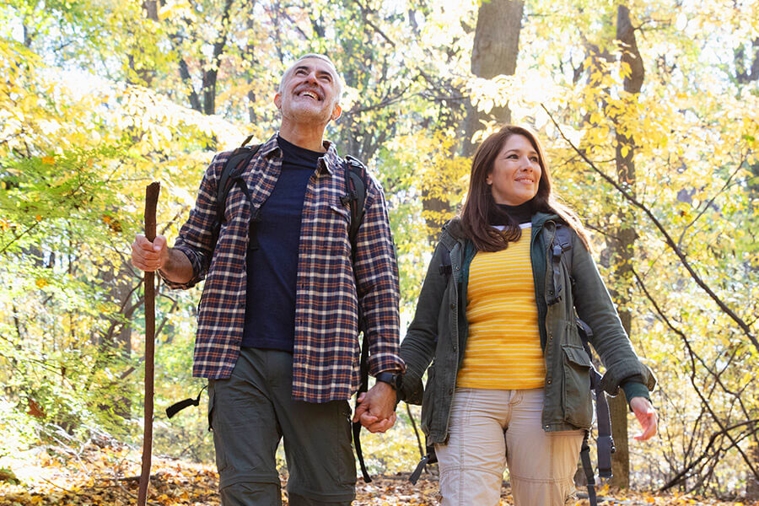
COVID and winter safety: Tips for staying safe this winter
As we close the year still in the midst of a pandemic, it’s important to approach the winter months with safety in mind. If you’ve let some of your COVID safety habits slip, now’s the time to brush up on how to keep you and your loved ones safe and well.
Stay vigilant with hand hygiene
Excellent hand hygiene continues to be one of the most effective ways to prevent the spread of infection, whether that’s COVID-19, the flu or the common cold. The germs that cause these infections can live on surfaces for hours or even days. If someone has a cold or the coronavirus infection and touches a doorknob or a grocery cart, it’s possible for germs to transfer to that surface. If you touch that surface and then touch your eyes, nose or mouth without washing your hands, the probability of catching the virus increases. Wash your hands with soap and water or hand sanitizer with at least 60% alcohol multiple times a day. In particular, wash hands before and after visiting public spaces, before eating, after using the restroom and before touching your face.
Besides washing your hands regularly, it’s also important to clean high-touch surfaces frequently. This includes doorknobs, counters, tables, light switches, cell phones, keyboards and any other shared spaces. Use soap and water to clean dirt, then follow with a household disinfect to kill germs on surfaces.
Wear your mask
The most common way that COVID-19 spreads is through respiratory droplets. When people cough, sneeze or even talk, these droplets travel through the air and onto others. This is why, if your coworker has a cold, you can catch their cold even if they don’t cough or sneeze on you.
When you wear a cloth covering over your nose and mouth, it reduces the amount of respiratory droplets that can land on other people. That’s why it’s important to wear a mask whenever you are around people who don’t live in your household, especially when social distancing is not possible. If you are unable to wear a mask, consider a face shield that wraps around the sides of your face and below the chin. It’s also crucial to practice other COVID-19 precautions, including handwashing and social distancing, even if you’re wearing a mask.
Distance yourself
Whenever you are with people who don’t live in your household—whether that’s strangers, friends or extended family—stay at least six feet apart at all times, even if you’re wearing a mask. Experts recommend this social distancing because COVID-19 spreads most easily between people who are in close contact for a prolonged period. Additionally, people can have the infection and experience no symptoms. This means that, even if both you and your friend feel healthy, socializing in close proximity still carries the risk of catching or spreading the virus.
When necessary, don’t feel bad about saying no to unsafe social events. If the gathering doesn’t adhere to the proper safety protocols, including social distancing and mask-wearing, it’s better to stay home.



